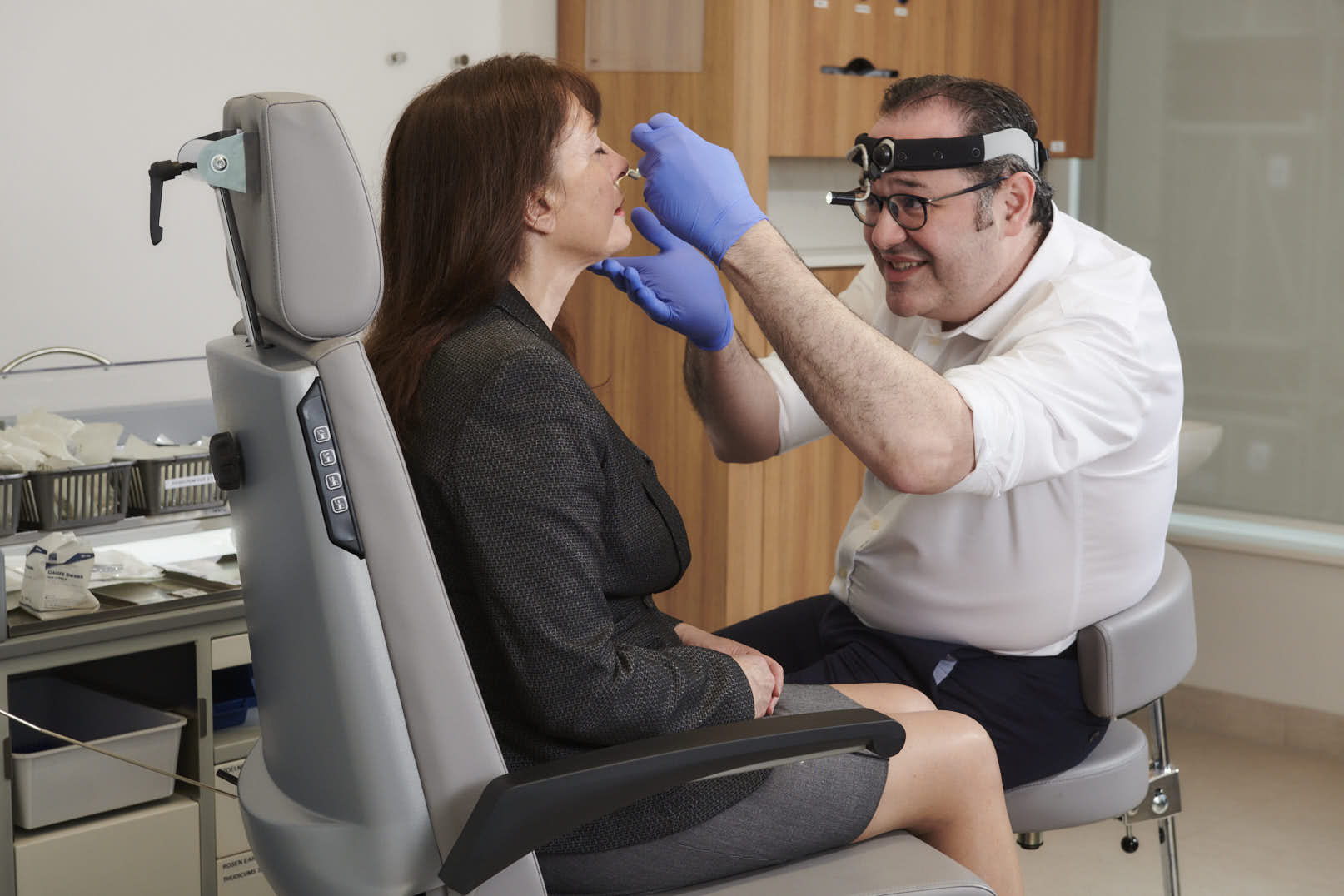This service or treatment is generally covered by most health insurance policies. You are responsible for checking your insurance policy cover, and you may need a referral letter. Check which insurance companies are covered.
All our private ENT specialists at OneWelbeck in London are leaders in their sub-specialties, providing the highest quality treatment to ensure you receive the best available care.






